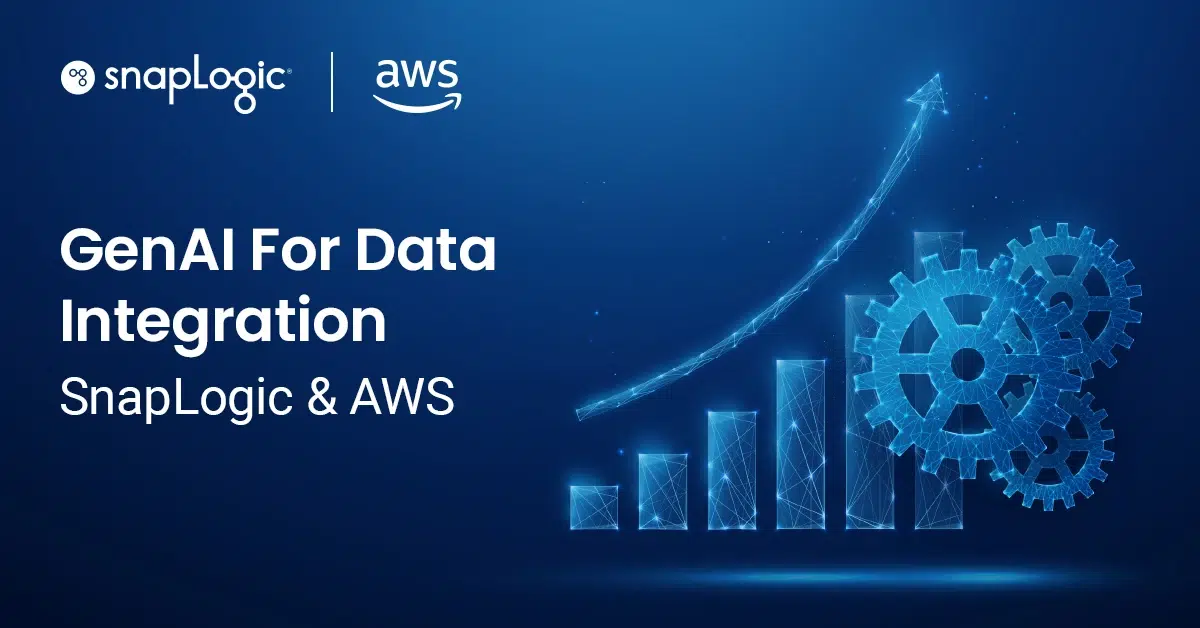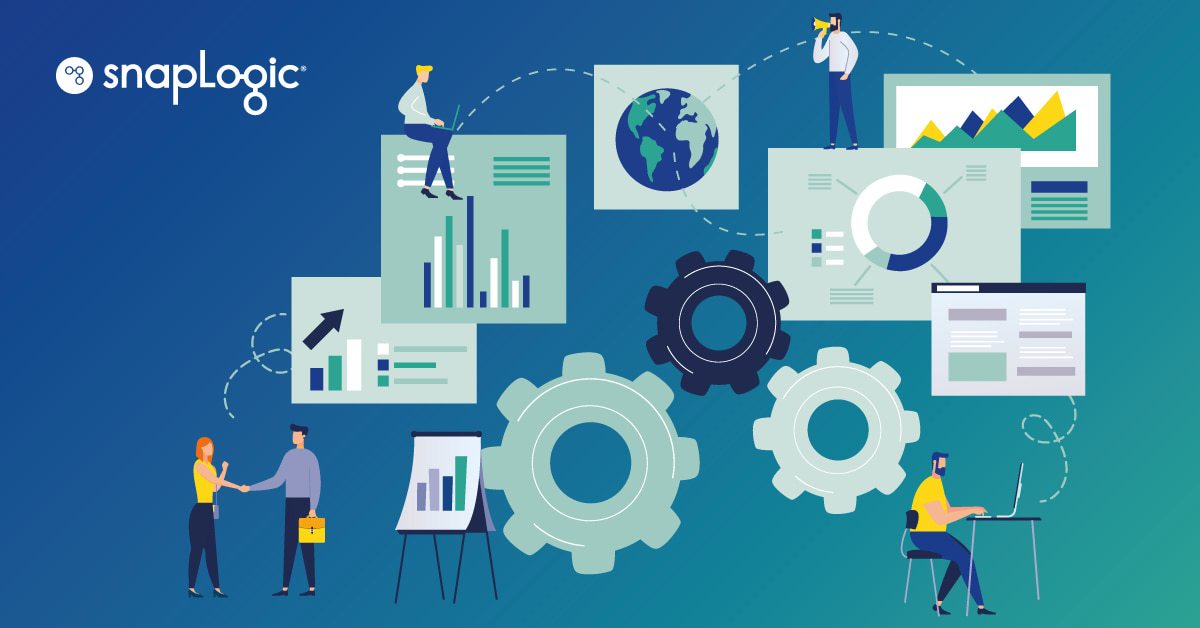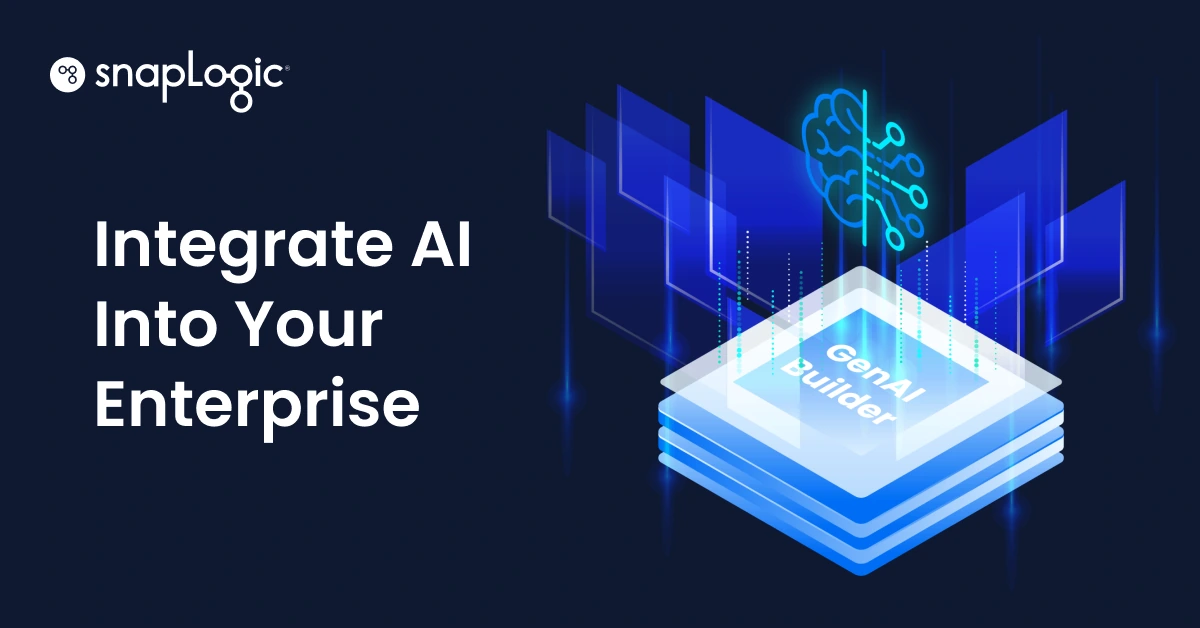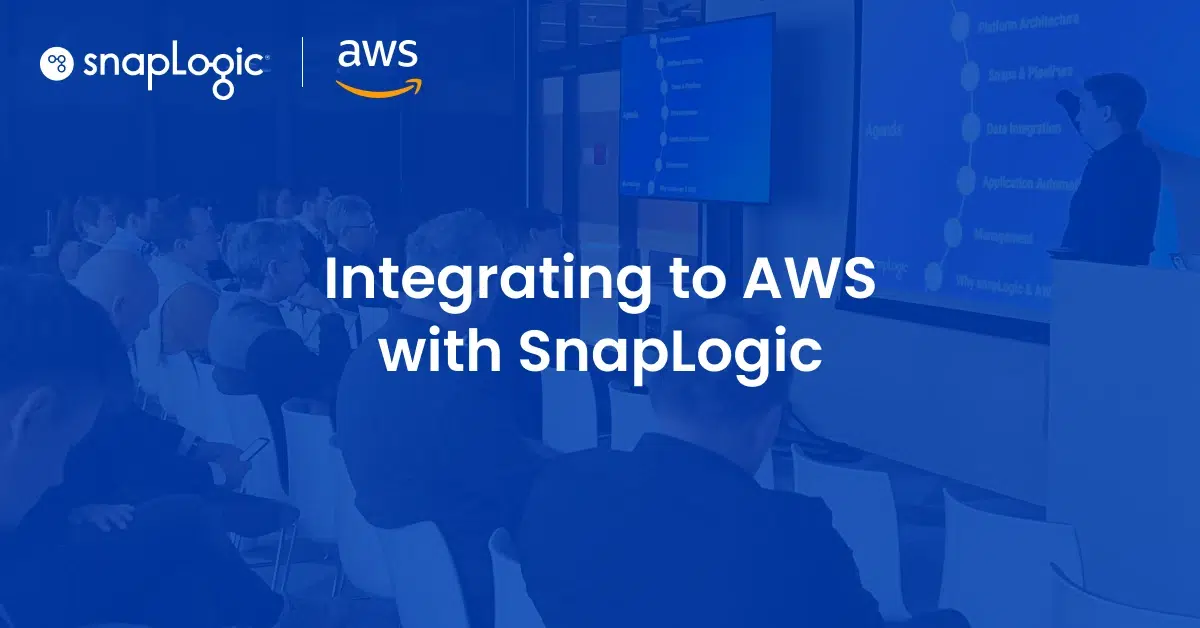The business world is trying to keep up with advances in AI technology they can apply to their internal systems and processes. In fact, according to a recent paper from Enterprise Strategy Group, “50% of organizations are focusing their data platform’s AI capabilities on enabling faster and better decision-making.”
As organizations build their plans to integrate AI into their environments, they have several factors to consider, including:
- Integration of applications and data
- Automation of workflows and data pipelines
- Orchestration of business processes
Embracing this next-generation technology is only possible if systems and processes can keep up with the speed of innovation. It will be critical to consider what’s standing in the way, what could be possible, and which tools can support integrating AI into the fabric of an organization.
Barriers to adopting AI
Delaying the benefits of AI can pose substantial business risks, as crucial insights that could provide a competitive advantage may be missed. For many companies, these delays are caused by issues such as:
Technological inertia: Integrating AI with an existing environment and moving toward the modernization of legacy systems can be seen as a major challenge.
Growing IT backlog: The rise of application developers, prioritization of building modern applications, and increasing adoption of SaaS applications are prompting integration stakeholders to seek help, but nontechnical stakeholders are not empowered to address issues independently.
Fragmented data strategy: Distributed data environments remain fragmented and unreliable, resulting in significant productivity roadblocks and delayed decision-making. These concerns make it difficult to share data and divert focus to tasks like data mapping, rather than analysis and insight generation.
What’s exciting about AI
Recognizing the criticality of delivering seamless integration across business applications, data, and people, organizations want a platform that can empower and enable:
- Technical resources to stay focused on what matters most
- Business resources to do more with confidence
Generative AI has piqued the most interest because it can help to improve and/or automate processes and workflows and increase employee productivity. When looking for a GenAI solution to help modernize and democratize data, companies should keep an eye out for some critical capabilities, including:
- Rapid and reliable deployment of seamlessly integrated data and application pipelines
- Unification of data, application management, and optimization in a single platform
- Automation and optimization of interconnected business processes
- Integration across environments, on-premises or in multiple clouds
- Built-in, automated self-service for all stakeholders
- Natural language processing to empower nontechnical stakeholders
- Simplification of existing tools and application sprawl
An efficient data platform with AI-ready capabilities can drive business objectives: improvements in productivity and service to customers, reliable and insightful data, and ultimately, a competitive advantage.
How SnapLogic and AWS are helping companies put AI to work
Find out more in “Boosting Productivity and Efficiency With Generative AI Integration From SnapLogic and Amazon Web Services (AWS)”












